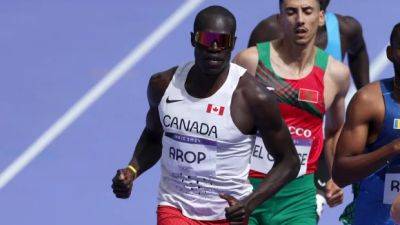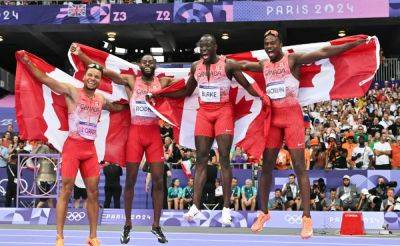Commentary: Can the Olympics attract Gen Z eyeballs while preserving its traditions?
MELBOURNE: The Olympics has been the world’s premier sporting event for more than a century.
Throughout this time, the Olympic Movement has faced many challenges, but what is often overlooked is how it has continually needed to evolve since the first modern games in 1896.
Today, arguably the most significant challenge for the Olympics is maintaining its appeal to modern audiences, particularly Generation Z.
To meet this challenge, the Olympic movement is undergoing something of a reinvention: Adding new and unconventional sports in the hope of appealing to younger people, who are thought to have markedly different tastes.
The question is, will it work? And could there be unintended consequences?
Generation Z, born between 1997 and 2009, are widely considered to be distinct from their predecessors as the first digitally native generation.
Although the exact age range of Generation Z is subjective, they are defined by an upbringing coinciding with the advent of social media and smart phones. Thus their relationship to technology is thought to influence their preferences, attitudes and behaviours.
One such difference is their relationship with sport. Generation Z is considered less avid viewers of sports than older generations.
A recent study found Gen Z views entertainment content at a significantly higher rate (48 per cent) compared to sports content (23 per cent). This contrasts sharply with older generations, such as Baby Boomers (1946-1964), who have a higher sports viewership at 41 per cent.
However, Gen Z’s apathy toward sport should not be overstated.
While they may watch comparatively less of it, sport still plays a key part in their lives. The difference lies in how they consume it – primarily online, in shorter forms or








